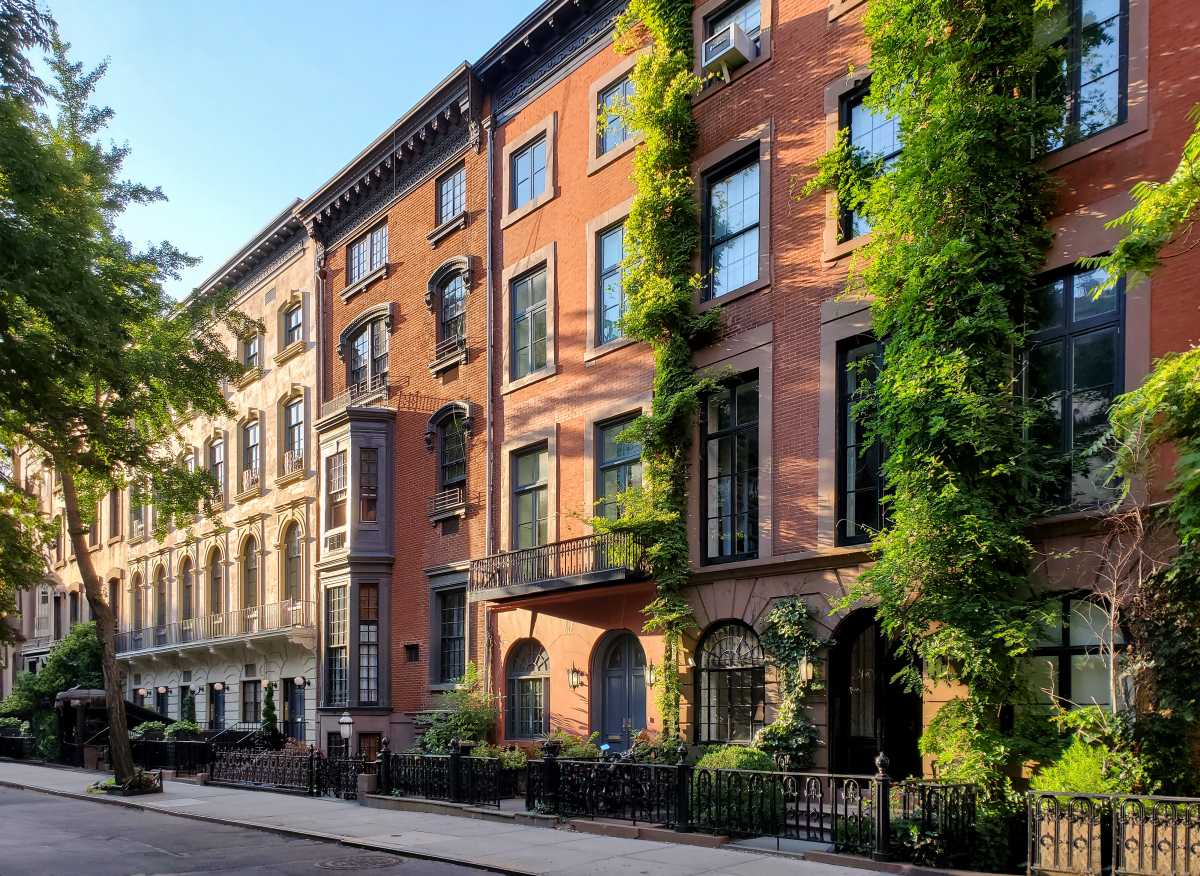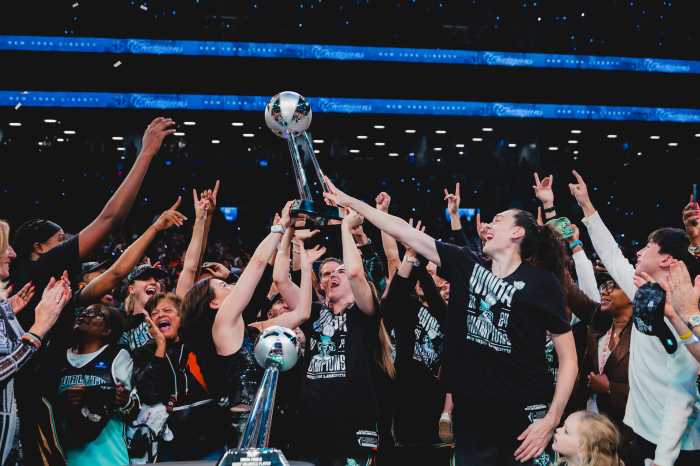In the age of the Internet we’ve made McDonald’s into community centers, Starbucks our Wi-Fi home away from home. Who needs village greens or town halls? Well …
Your friendly neighborhood corporate entity
Like many Barnes & Noble stores, the Forest Hills branch was a place for high school kids to do homework or kill time after getting something to eat. An indoor gathering spot for the elderly or underemployed to get out of the cold or into air conditioning. And, sometimes, it was even a place to buy a book.
But patrons will soon have to look elsewhere: On December 31 the Forest Hills store will be shuttered. The Barnes & Noble in Bayside will also close that day, ending the chain’s presence in Queens.
When it opened, the Forest Hills Barnes & Noble wasn’t universally welcomed. Next door to Forest Hills Gardens, home to fairy-tale architecture and sweeping, tree-lined streets, the Austin Street commercial strip was once dotted with homely mom-and-pop shops. Now, Austin Street is crowded with the likes of Lucille Roberts and Chipotle, Verizon and T-Mobile stores staring each other down — B&N doesn’t feel so much like the enemy.
A community coalesced around the outlet
Anthony Viafara, a college student, would come almost every day after school and find a place out of the way to sit. “We were broke, we liked to read the books a lot,” Viafara says.
To Michael Perlman, a local author and historian, the closing of Barnes & Noble means more than the loss of a bookstore. It’s “losing a soulful and educational community resource.”
With funding for libraries shrinking, bookstores like Barnes & Noble have filled in as neighborhood meeting places, offering readings and inviting patrons to sit, read, browse, even eat and drink — activities that bolstered a sagging bottom line even as they rendered a local service.
Perlman organized a Change.org petition with more than 6,000 signatures to keep the retailer in the area, as well as suggesting new locations in the neighborhood for Barnes & Noble to consider. (The retailer issued a statement in response, saying: “The Queens community is extremely important to us and as a result we are aggressively looking at new locations and expect to have a new store there in the future.”)
Kindle victory
The difficulties of the publishing and bookselling industries are no secret. Amazon and e-books have disrupted business as usual. Borders went bankrupt in 2011. With fewer bookstores and more people shopping online, publishers are scrambling to find ways for readers to “discover” new books. For two decades, Barnes & Noble “revolutionized bookselling,” according to Brad Stone, writer of “The Everything Store.” But the retailer failed to anticipate the e-book phenomenon.
While print readership hasn’t disappeared, it has certainly declined, and bookstores in New York have to contend with another irrepressible force Amazon is immune from: rising rents. The soon to be vacated storefront in Forest Hills is reportedly giving way to a Target — at least until startups like Boxed have their way.
We made Cyber Monday
We welcomed the ease of the download and applauded the coming of Alexandria-like availability of information. But “progress” can have unintended consequences.
With Barnes & Noble customers hustling around him to find deeply discounted merchandise at the Forest Hills shop on a recent weekday, Randall K. Horton spoke ruefully about the difficulties of the 21st century bookstore, pointing to a book he’d shelled out for and a stack of magazines that he planned to leaf through but not buy. “The beat goes on,” he says.
Monica Vallas remembered coming here when her grandchildren were little and said that there’s something nice about being around real books. “I’d rather be in a store than on a computer,” Vallas says. “It’s too sad.”
“I will never go on the Internet and buy a book,” she said vehemently. Then she paused. “Well of course, I have. . .”
































